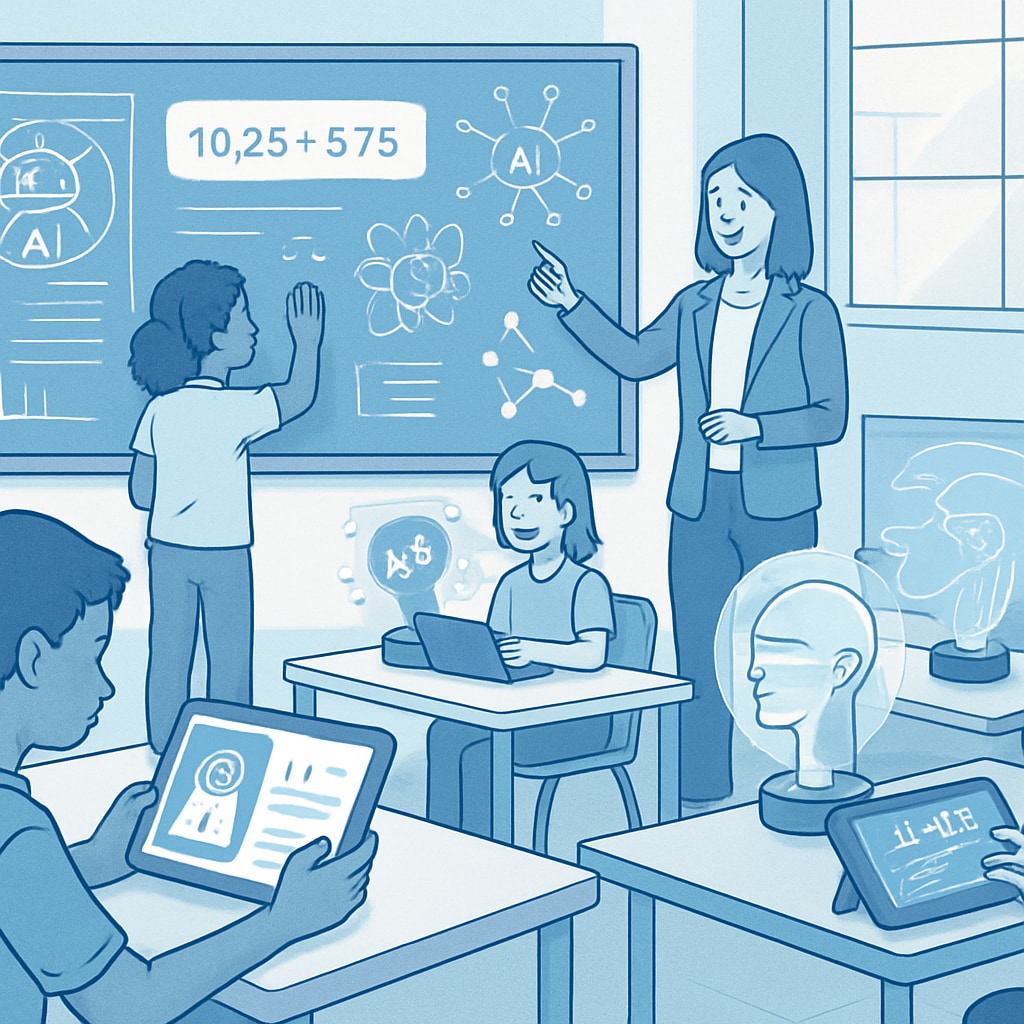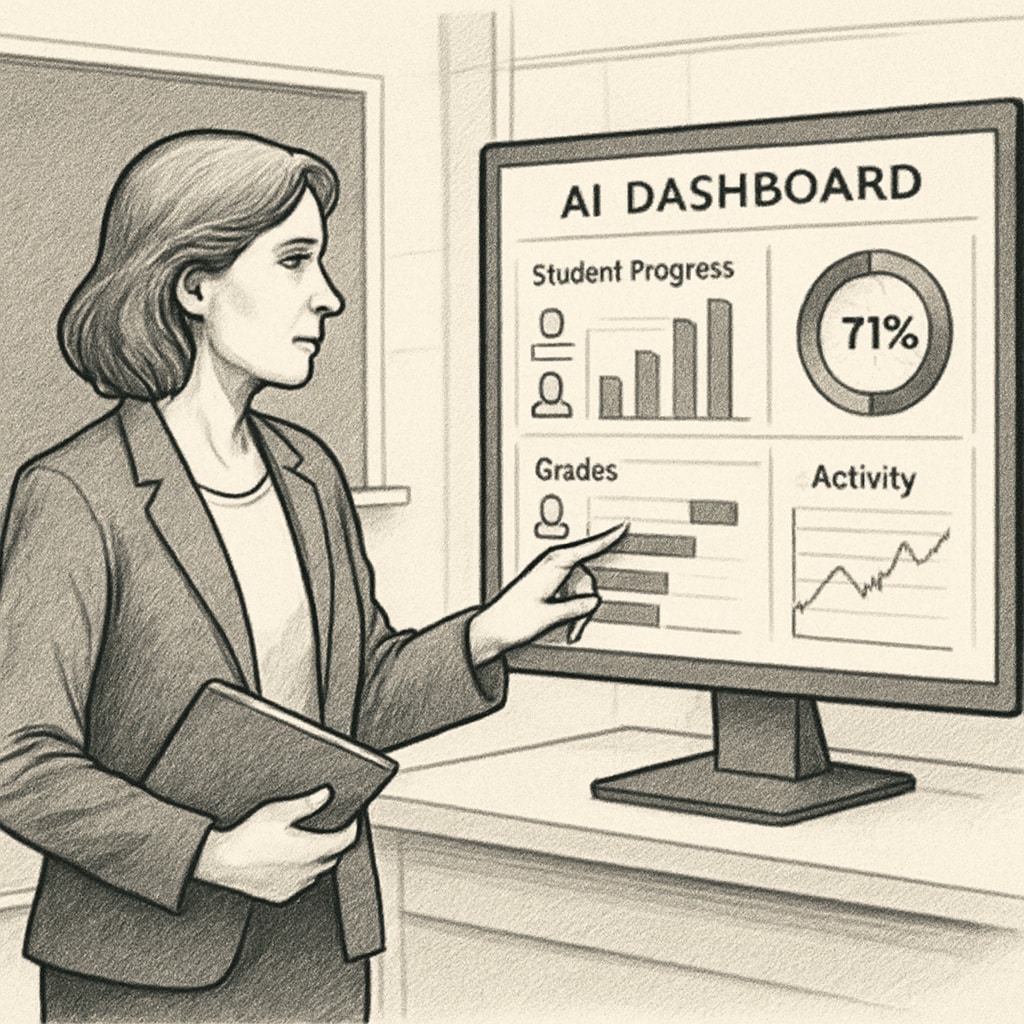Artificial intelligence, education, future impact—these interconnected concepts are set to redefine the landscape of K12 classrooms over the next decade. As AI continues to evolve, its integration into education systems is poised to deliver personalized learning experiences, streamline administrative tasks, and revolutionize the role of teachers. However, this transformation also brings challenges, including concerns about equity and the ethical use of technology. This article delves into how AI is reshaping K12 education, providing insights into its benefits and addressing the critical questions that arise.
How AI is Revolutionizing Personalized Learning
One of the most significant impacts of AI in K12 education is its ability to support personalized learning. Traditional classrooms often struggle to cater to the diverse needs of individual students, but AI-powered tools can analyze each student’s learning style, pace, and preferences. For example, platforms like adaptive learning systems use algorithms to adjust content and difficulty levels, ensuring that students receive tailored instruction.
Additionally, AI can provide real-time feedback to both students and educators, allowing for immediate adjustments to teaching methods or lesson plans. This dynamic interaction fosters a more engaging and effective learning environment, enabling students to reach their full potential.
- AI-driven assessment tools ensure accurate evaluations of student progress.
- Customizable learning paths help address individual strengths and weaknesses.
- Gamification and interactive content make learning more engaging.

The Evolving Role of Teachers in the AI Era
As AI becomes a staple in K12 education, the role of teachers will inevitably shift. While AI can handle repetitive tasks such as grading and attendance tracking, educators will take on more strategic and creative responsibilities. Teachers will become facilitators, focusing on building strong relationships with students and fostering critical thinking skills.
Moreover, professional development will be crucial as educators learn to work alongside AI tools effectively. Training programs that emphasize technology integration and ethical considerations will empower teachers to leverage AI while maintaining a human-centered approach to education.
However, this shift raises important questions: Will AI reduce the demand for teachers? Or will it instead enhance their ability to provide meaningful guidance? As a result, educational institutions must balance technological adoption with human expertise.

Addressing Educational Equity and Ethical Challenges
While AI offers promising advancements in K12 education, it also presents challenges that must be addressed. For example, access to AI-powered tools often depends on funding and infrastructure, raising concerns about educational equity. Schools in underserved communities may struggle to implement these technologies, widening the gap between students.
Ethical considerations are another critical aspect. The use of AI in education involves collecting vast amounts of data, which raises concerns about privacy and security. Policymakers must establish clear guidelines to ensure that student information is protected and used responsibly.
To mitigate these challenges, collaboration between governments, educators, and technology developers is essential. Initiatives such as subsidized programs and open-source platforms can help make AI tools accessible to all schools, regardless of their socioeconomic status.
The Future of AI in K12 Education
The integration of artificial intelligence into K12 education is not just a possibility—it is an inevitability. As we look ahead, the focus must remain on creating an inclusive and balanced system that combines the strengths of technology with the irreplaceable value of human interaction.
The next decade will see AI playing a pivotal role in transforming classrooms into dynamic environments where every student can thrive. By addressing challenges like equity and ethical use, educators and policymakers can ensure that AI becomes a tool for empowerment rather than division.
Readability guidance: This article uses short paragraphs and lists to summarize key points effectively. The distribution of transition words ensures smooth reading flow, while the controlled use of passive voice maintains clarity.


